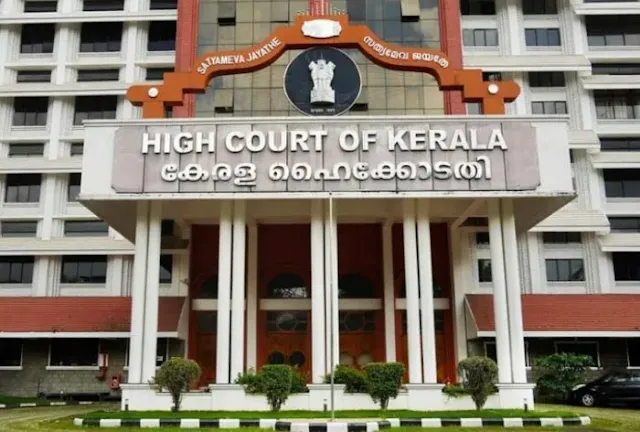In a recent ruling, the Kerala High Court addressed the issue of stamp duty exemptions on asset reconstruction agreements executed under the Securitisation and Reconstruction of Financial Assets and Enforcement of Security Interest Act, 2002 (SARFAESI Act). The court concluded that there is no blanket exemption from stamp duty under Section 8F of the Indian Stamp Act, 1899, when read in conjunction with Section 5 of the SARFAESI Act. This decision has significant implications for asset reconstruction companies (ARCs) and financial institutions involved in the securitisation and reconstruction of financial assets.
The case involved a writ petition filed by an asset reconstruction company that had entered into asset reconstruction agreements with two banks. The petitioner sought to register these agreements, which were executed on stamp paper worth INR 1 lakh, and offered to pay a registration fee of INR 25,000. However, the Registering Authority refused to register the agreements, citing that the stamp duty and registration fee were insufficient. In response, the petitioner approached the High Court, challenging the decision of the Registering Authority.
The primary legal question before the court was whether asset reconstruction agreements executed under Section 5(1)(b) of the SARFAESI Act are exempt from stamp duty under Section 5(1A) of the same Act, in light of Section 8F of the Indian Stamp Act. Section 5(1A) of the SARFAESI Act provides that any document executed by a bank or financial institution in favour of an asset reconstruction company, acquiring financial assets for the purposes of asset reconstruction or securitisation, shall be exempt from stamp duty in accordance with the provisions of Section 8F of the Indian Stamp Act. However, the proviso to this section clarifies that this exemption does not apply if the acquisition is for purposes other than asset reconstruction or securitisation.
The court examined the provisions of the SARFAESI Act and the Indian Stamp Act and concluded that there is no omnibus exemption from stamp duty for asset reconstruction agreements. The exemption under Section 5(1A) of the SARFAESI Act is conditional and applies only when the acquisition of financial assets by the asset reconstruction company is for the purposes of asset reconstruction or securitisation. Therefore, the court held that the asset reconstruction agreements in question were subject to stamp duty and could not be registered without the payment of the appropriate stamp duty and registration fee.
This decision aligns with previous judgments by the Kerala High Court, which have consistently held that the transfer of loan accounts to asset reconstruction companies does not amount to a conveyance under Section 2(d) of the Kerala Stamp Act, 1959. In earlier cases, the court observed that the transfer of a loan account by a bank or financial institution to an asset reconstruction company involves the transfer of economic interest and does not constitute a conveyance of property or proprietary rights. Consequently, such transfers were not subject to stamp duty as conveyances under the Kerala Stamp Act.
However, the present case introduces a nuanced distinction by emphasizing that while the transfer of economic interest may not constitute a conveyance, asset reconstruction agreements are still subject to stamp duty under the Indian Stamp Act. This distinction underscores the importance of complying with stamp duty requirements for the registration of asset reconstruction agreements, even if they do not involve the transfer of proprietary rights.
The court's decision has significant implications for asset reconstruction companies and financial institutions engaged in the securitisation and reconstruction of financial assets. It clarifies that asset reconstruction agreements are not exempt from stamp duty and must comply with the applicable provisions of the Indian Stamp Act. This ruling underscores the need for careful legal and financial planning when entering into asset reconstruction agreements to ensure compliance with stamp duty and registration requirements.
In conclusion, the Kerala High Court's judgment provides important clarity on the applicability of stamp duty exemptions to asset reconstruction agreements under the SARFAESI Act. By holding that there is no blanket exemption from stamp duty, the court reinforces the necessity for asset reconstruction companies and financial institutions to adhere to the statutory requirements for the registration of such agreements. This decision contributes to the evolving jurisprudence on the intersection of asset reconstruction, stamp duty, and registration laws in India.










0 Comments
Thank you for your response. It will help us to improve in the future.